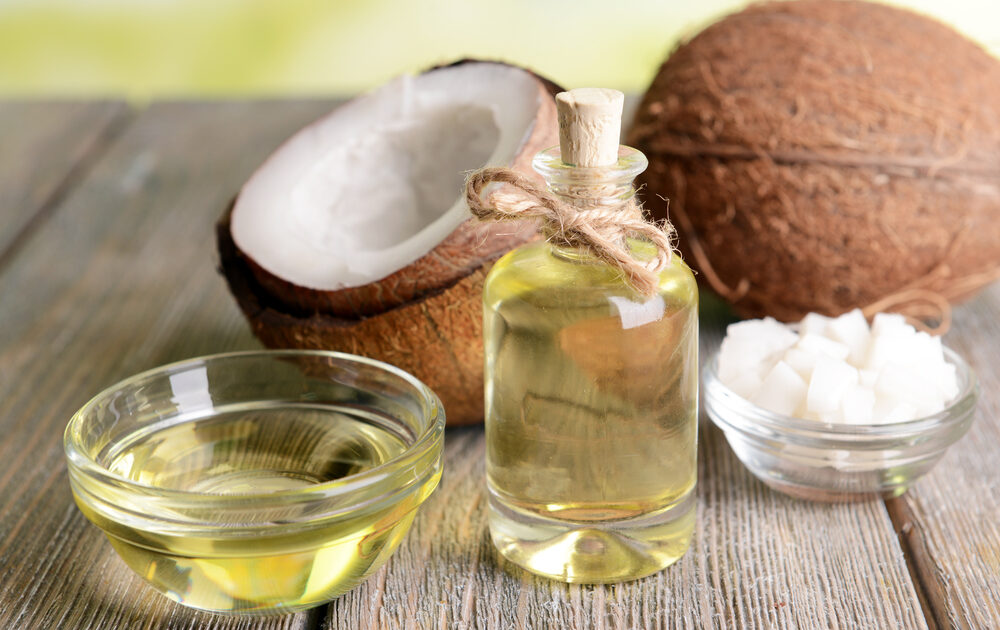Coconut Oil Shows Promise in Preventing Deadly Bloodstream Infection

The secret to preventing a deadly candida infection may be found in your diet. According to a new study published in the journal mSphere, coconut oil effectively controlled the overgrowth of a common fungal pathogen called Candida albicans (C. albicans) in mice.
C. albicans is part of the gastrointestinal tract’s normal flora, and is regulated by the immune system. But when the immune system is compromised, the fungus can spread beyond the GI tract and lead to invasive candidiasis, the fourth most common blood infection among hospitalized patients in the U.S. It’s most often found in people who already have reduced immune systems, such as cancer patients, transplant patients, and premature infants, and kills 40 to 50 percent of sufferers.
While antifungal drugs can be used to control and prevent C. albicans from spreading to the bloodstream, repeated use can lead to drug resistant strains of the microbe—and coconut oil may help in preventing this issue.
Researchers investigated how three different dietary fats influenced the amount of C. albicans in the mouse gut: coconut oil, beef tallow, and soybean oil. Meanwhile, a control group was fed a standard diet for mice.
“When you compared a mouse on a high fat diet that contained either beef fat or soy bean oil to mice eating coconut oil, there was about a ten-fold drop in colonization,” lead study author Carol Kumamoto, Ph.D., professor of molecular biology and microbiology at Tufts University School of Medicine said in a statement. These results were seen in as few as four days after the diet change.
“Food can be a powerful ally in reducing the risk of disease,” said Alice H. Lichtenstein, D.Sc., director of the Cardiovascular Nutrition Laboratory at the Jean Mayer USDA Human Nutrition Research Center on Aging at Tufts University. “This study marks a first step in understanding how life-threatening yeast infections in susceptible individuals might be reduced through the short-term and targeted use of a specific type of fat.”
“We want to give clinicians a treatment option that might limit the need for antifungal drugs. If we can use coconut oil as a safe, dietary alternative, we could decrease the amount of antifungal drugs used, reserving antifungal drugs for critical situations,” said first author Kearney Gunsalus, Ph.D., an Institutional Research and Academic Career Development (IRACDA) postdoctoral fellow at the Sackler School in Kumamoto’s lab.
Researchers have not yet discovered whether this Candida reduction extends to humans, but are discussing developing a clinical trial that tests coconut oil on hospitalized infants who are at high-risk of developing systemic candidiasis.
Related on Organic Authority
8 Ancient Medicine Cure-Alls: Can Our Ancestors Heal Modern Illness?
Among the Possible Cures for Cancer, Ginger Root Stands Out
Cancer Cure or Just Plain Quackery? All About Amygdalin
Coconut oil image via Shutterstock

